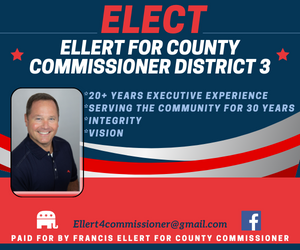 U.S. Senators Todd Young (R-Ind.), Maggie Hassan (D-N.H.), Tim Kaine (D-Va.), and Bill Cassidy, M.D.(R-La.) reintroduced the Innovation Zone Act (IZ Act) last week, which would reform the underutilized and inefficient Experimental Sites Initiative (ESI) authorized under the Higher Education Act. The IZ Act would rename experimental sites as “Innovation Zones” to better reflect the program’s mission of encouraging higher education institutions to pursue innovative strategies that increase student success.
U.S. Senators Todd Young (R-Ind.), Maggie Hassan (D-N.H.), Tim Kaine (D-Va.), and Bill Cassidy, M.D.(R-La.) reintroduced the Innovation Zone Act (IZ Act) last week, which would reform the underutilized and inefficient Experimental Sites Initiative (ESI) authorized under the Higher Education Act. The IZ Act would rename experimental sites as “Innovation Zones” to better reflect the program’s mission of encouraging higher education institutions to pursue innovative strategies that increase student success.
Experimental sites are not a new concept; it was first introduced in the mid-1980s. However, a lack of evaluation and transparent data collection has prevented Congress from using information from the experimental sites to make real policy changes. These experiments are a vital part of understanding how to improve student success and reduce onerous regulation within the framework of higher education.
“It’s been evident for years that these experiments have the ability to improve students’ lives, but first we must have a way to measure what works and what does not. My IZ Act would create “Innovation Zones” to improve data collection and ultimately instill best practices so that students benefit by saving money, graduating on time, finding a job in their career path, and supporting their families,” said Senator Young.
The IZ Act would require the Secretary of the U.S. Department of Education to establish a methodology for capturing data before an experiment begins, provide colleges with a clear direction for reporting data, and give the higher education community an opportunity to submit suggestions for future experiments.
Supporters of the IZ Act include Ivy Tech Community College, New America, The Education Trust, Knowledge Alliance, Results for America, Salt Lake Community College, Bard College, Jobs for the Future, KnowledgeWorks, Middle College National Consortium, National Alliance of Concurrent Enrollment Partnerships, National Skills Coalition, Southern New Hampshire University, Indiana University, Institute for Higher Education Policy, and the Association for Career and Technical Education.














